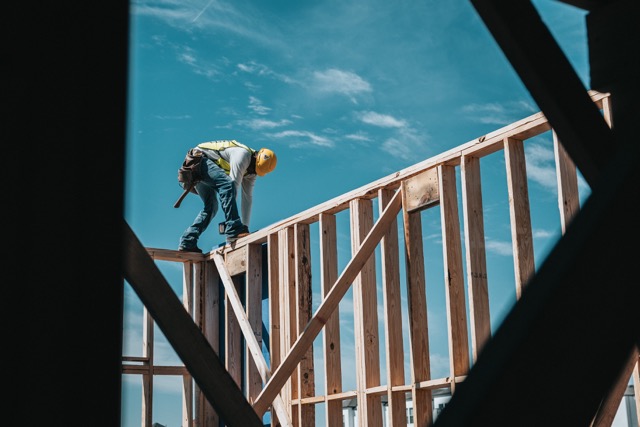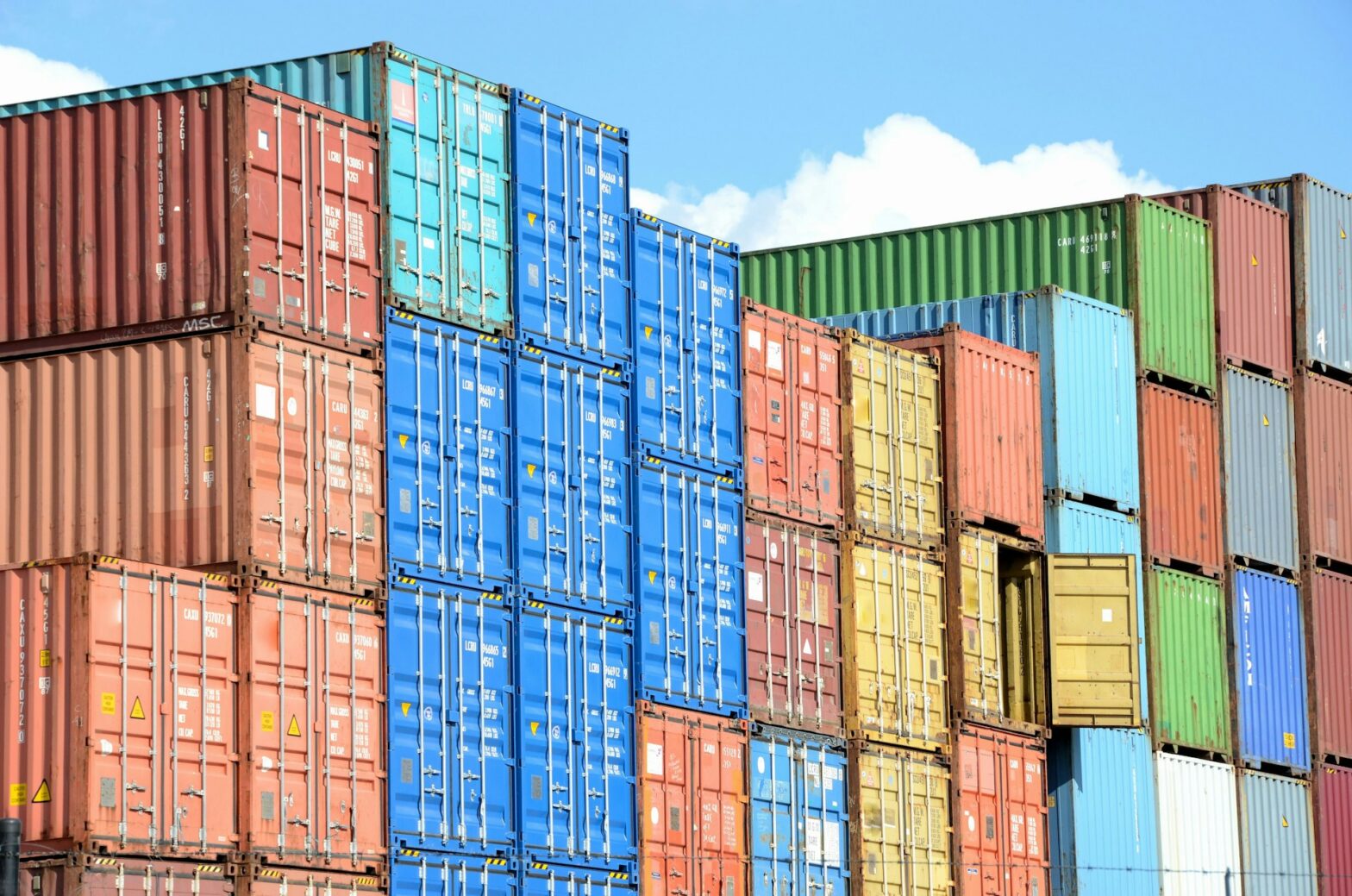It’s no secret that construction work is profitable, physically demanding, and fraught with risk. Worksite accidents, business interruptions, supply chain woes, and more can take any successful company to its knees. Fortunately, it’s possible to avoid and/or manage many of the liabilities of owning a construction company.
Whether you’re a long-time veteran of this industry or a newer contracting firm, threats can strike out of nowhere and leave your business scrambling to survive. However, knowing what you’re potentially up against can go a long way in making better decisions and preparing for when incidents arise.
Top 8 Construction Claims You Can Avoid
Below is an insightful list of the most frequently occurring claims made against construction companies and tips to avoid or mitigate the impact on your own business.
Claim 1: Inadequate Business Insurance
Number one on the list is not carrying enough or appropriate coverage for your construction firm. This is a common problem for general contractors who either tried to cut corners on premium costs or failed to ensure their policy covered the risks in a new project they’re working on. Your business is on the hook for the difference when coverage falls short.
There are several policy options to consider when shopping for your business coverage, the most important being general liability protection. This insurance type protects your construction firm against third-policy claims involving the following:
Bodily injuries (employees excluded)Property damage
Libel and slander
In addition to general liability coverage, you might want one or more of the following additional policies:
- Workers’ Comp
- Commercial Auto
- Errors & Omissions (E&O)
- Business Interruption
- Tools & Equipment Commercial Property
Claim 2: General Safety and Health Threats
Every year, the construction industry ranks as one of the more dangerous industries to work in the U.S. This is because the dynamics of this work involve hazards that are always present and requires industry workers to be ever conscious of these risks.
Many elements go into these projects, whether working on a new highway or renovation. It sometimes makes a job site chaotic, with general contractors, subs, and laborers focusing on several moving parts at once. Even with a dedicated safety team, things can still go wrong, and someone ends up hurt. When an accident occurs, the entire project gets affected from falling objects to slip and falls or chemical exposure.
- Your construction firm can take several steps to further guard against avoidable injuries and illnesses:
- Train for and wear personal protective equipment (PPE)
- Regularly inspect the condition of equipment and tools
- Provide new hire and refresher training for employees in matters of safety, equipment use, and building material manufacturer requirements
- Ensure everyone is taking regular breaks and is not overly exhausted
Claim 3: Poor Management of Construction Projects
When a construction project becomes riddled with miscommunication, disputes, and misunderstandings about scope can quickly spiral into a lawsuit situation. This often happens when delays occur that clients feel were easily avoided or hidden from them because the general contractor did a poor job of managing the project.
To avoid paying for lost time and material, it’s important to ensure your GC has the qualifications and capability to manage the scale of work in front of them.
Claim 4: Construction Equipment and Tool Theft
As a construction company owner, your tools and equipment are crucial assets to your business that cost you a significant amount of investment. Unfortunately, thieves and dishonest employees know that work trucks are prime targets for break-ins. Regular losses will drive up your premiums, so consider doing the following to reduce the likelihood of a theft incident:
- Ensure vehicles aren’t left on job sites unattended
- Install and use built-in vehicle alarms
- Keep tools secured in a heavy-duty storage container or room when not in use
- Never leave tools out, even if just taking a short lunch break
- Keep a log of your equipment, including serial numbers and photos. This will speed up insurance claim processing if necessary.
- Purchase a tool and equipment policy
Claim 5: Job Site Water Damage
When you think about water damage on a construction site, you probably imagine a roof tarp getting blown off in a wind storm or some other similar leak. But you also need to consider the plumbing. If an employee accidentally cuts into the piping, your company could be facing a serious water and mould issue, plus any damage costs that come with it.
- Avoid these claims on your job site with the following tips:
- Before starting work, inspect the area you’re building to identify any potential risks of water damage and inform your crew of the issues
- Exposed pipes should be winterised and water shut off to the property to reduce the likelihood of bursting when temps shift
- Before turning the water on, always check the pipes for any signs of weakness. Once on, inspect for leaks before leaving the site
- Knowledge is power, so ensure your workers are trained in identifying water damage risks and how to address those issues
- Any equipment or materials you intend to use should be in good working order
Double-check your business insurance to ensure it covers situations where water damage occurs Another obvious tip is always to be aware of your environment, including the weather. For example, if you live in an area prone to heavy springtime rain, keep additional tarps on hand to protect your work from last-minute showers that might pop up.
Claim 6: Supply Chain Issues
General contractors often rely on lump-sum business contracts. As a result, the entire project can go off the rails when materials become more expensive mid-job or shipment delays occur, the entire project can go off the rails. This can leave clients angry and litigious, especially if they are on a tight deadline to complete construction.
To avoid taking a financial loss on your work, be sure to take steps to minimise the impact of this issue. Ensure your contract markup can absorb any spikes in material cost, including your wages. Have a backup plan in case a supply chain disruption occurs due to economic, natural, or manmade disasters.
Claim 7: Third-Party Property Damage
How often have you touched up scuffs and scratches on walls after an employee scrapes by with a ladder or bucket of tools? In situations where you or other subcontractors and employees make these mistakes, it’s a liability that can quickly take a bite out of your bottom line. Shattered chandeliers and pulverised ceramic kitchen tiles occur all the time on job sites. But you can mitigate this cost and keep clients happy by carrying a commercial property insurance policy to pay for the damages.
This protection not only absorbs the cost but is a testament to your commitment to your client’s satisfaction. To hopefully avoid filing a damage claim altogether, implement the following tips to prevent future incidents:
- Inspect the property before doing any work. Note existing damage, possible risks, and areas prone to breakage
- Make good use of drop cloths, protective paper, tarps, and other protective products to keep the job site’s existing surfaces beautiful
- Always take time to remove objects from areas that could suffer damage while your team works
Claim 8: Unnecessary or Undisclosed Delays
Experiencing delays is an everyday threat that construction companies face while working on projects. It doesn’t help that deadlines are set within the contract agreement. Failing to notify or take steps to avoid slowdowns adequately can lead to a breach of contract claims. It’s especially frustrating when contractors fail to communicate foreseeable delays and blindside the contracting party.
Common sources of these delays include:
- Change orders
- Poor management
- Delayed/Unavailable materials
- Job site accidents
- Weather
- Inspections
While not always preventable, you can help your firm be more timely by staying ahead of and sharing information about potential delays.
Prevention Is the Best Solution for Construction Claims
While newer contractors who aren’t already familiar with construction project hiccups often experience the most claim scenarios, even established firms get caught off guard. This is why having a solid risk management strategy in place to mitigate these situations can protect your business against potential suits and threats to your financial security.
Your first line of defence will always be your business insurance. Coupled with a comprehensive liability analysis, your construction company will flourish, even when mistakes or accidents happen.




























